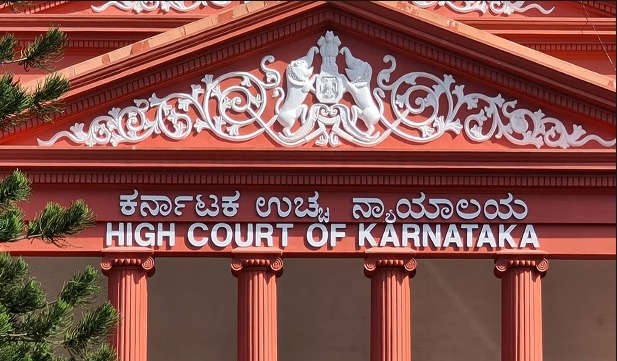
The Karnataka High Court on Friday quashed three circulars issued by the state government that prescribed a Board Examination for students in grades 5 and 8 in schools affiliated to the state board.
A single judge bench of Justice Pradeep Singh Yerur, allowed the petitions filed by Organisation for Unaided Recognised Schools and the Registered Unaided Private Schools’ Management Association Karnataka and Karnataka Unaided Schools Management Association.
The circulars dated December 12, 2022, December 13, 2022, and January 4, 2023 were quashed by the court. “The State government can follow the procedure and do it for the next academic year,” the bench stated.
The petitioners had challenged the circular, claiming that changing the assessment method to conduct State-level “board exams” instead of school-level assessments would harm both students and teachers. Furthermore, it was argued that no consultations with stakeholders, parents, children, or schools were conducted prior to the distribution of the circulars.
The state government, on the other hand, argued that there is no Board examination. There is only a minor change in the assessment process, and 80 percent of the total 100 marks awarded to students are based on continuous internal assessments conducted by the respective schools beginning with the start of the academic year. Only for the remaining 20% of the final assessment process are question papers prepared at the state level, and paper evaluation is done at the taluk and block levels.
“It is a cardinal principle of law that when any scheme, circular, or law of the government is implemented, it must evolve or emanate from the statute under which it is governed,” the bench stated in its order.
Further it observed, “The state government has issued the impugned circulars to prescribe certain assessment and evaluation under the provisions of the Right to Education (RTE) Act. While doing so, the state government must adhere to the procedures outlined in the act.”
The court referred to Section 38 (4) of the Right of Children To Free and Compulsory Education Act, 2009 which mandates that “Every rule or notification made by the State Government under this Act shall be laid, as soon as may be after it is made, before the State Legislatures.
Rejecting the state government’s submission that it has not decided to make any rules and is only developing assessments to help and benefit students enrolled in the state curriculum. As a result, the question of following the Act’s process and procedure, more specifically section 38 or any other provision of the Act, will not be attracted.
The bench said “I am afraid that the said contention of the AAG cannot be accepted for the reasons that by virtue of the impugned circulars there is a change which is brought about by the state government. Awarding of 20 marks for the year 2022-23 which would invariably be assessed by the board of the state.”
“As a result, an external agency is only involved in awarding 20 marks to students in grades 5 and 8,” it continued. Section 16 of the RTE Act expressly prohibits this. The circulars can only supplement the Act or the Rules and cannot be used to replace them. In such a case, where the circular is issued to replace rules disguised as rules, the prescribed procedures must be followed in accordance with section 38 (4) of the Act.”
Thus, it held, “Under the circumstances, I find sufficient force in the submission put forth by respective counsel for the petitioners. The state government’s implementation of a new format for assessment/evaluation is in violation of section 16 of the RTE Act and the procedures prescribed by the Act.”
Following that, it granted the petitions and quashed the challenged circulars.




